Imposing rent controls to help struggling tenants would be the “worst possible” solution to fix the housing crisis, a Dundee economics expert warns.
Professor Morris Altman, a senior economics academic at Dundee University, is speaking out as a national rent freeze ends.
As of today, tenants no longer benefit from a temporary price cap which had limited increases to 3% each year.
Landlords can now raise rents by a maximum of 12%, since measures remain in place to stop even more eye-watering increases.
But in future, the Scottish Government wants to introduce rent controls which would temporarily cap prices in areas where they are deemed too high.
‘Stopgap measure’
Prof Altman said the proposed policy would be counterproductive.
He told us: “It’s the worst thing possible for Scotland, because Scotland needs a long-term solution.”
The expired rental freeze was introduced in October 2022 to combat soaring costs. It ended on Sunday night.
Even though it limited how much landlords could charge renters, costs continued to rise for new tenancies.
Last year, it was warned Dundee was in danger of becoming “completely unaffordable”.
We also revealed flatshare prices in the city soared by an extraordinary 33% in the space of a single year.
Prof Altman said the government’s control plans would do little to solve the current high demand for housing.
“People are ending up on the streets because there’s no affordable housing. Rent controls are not going to help them,” he said.
What could help fix the crisis?
Key to bringing down rents is to vastly increase the available housing stock, he argues.
Recent data shows the number of new houses which saw construction either start or completed has fallen significantly in the past year.
“The first step is increasing the supply, but the question is, how do you increase that supply?” he added.
“That involves changing policy, it involves changing your perspective on land use.”
He believes cities such as Dundee should build much more cooperative housing, which is often cheaper since tenants are not paying out to private landlords.
However, Tenants’ group Living Rent say price caps would be a huge step forward.
Group secretary Aditi Jehangir also claimed renters’ lives would be improved in little ways, such as making it easier for them to keep pets and redecorate their homes.
He warned: “We know the landlord lobby will try to water down the bill at every step.”
Landlords opposed the government’s rent freeze and reacted similarly to proposals which would cap how much they can charge.
John Blackwood, from the Scottish Association of Landlords, said the latest policy plan would “do nothing” to help.
What happens next?
The end of the rent freeze means lots of tenants will face much higher costs after 18 months of stability.
But the government has tweaked the process which allows tenants to appeal any significant rent rises.
Meanwhile, local councils can be asked by government to compile data on the state of the private rental sector.
They would then be expected to give recommendations to ministers on where controls to protect tenants might be needed – or revoked.
Scottish Government tenants’ rights minister Patrick Harvie said: “A fairer, well-regulated rented sector is good for both tenants and landlords.
“Tenants benefit from improved conditions and security, while good responsible landlords will thrive when their good practice is recognised by regulation.”


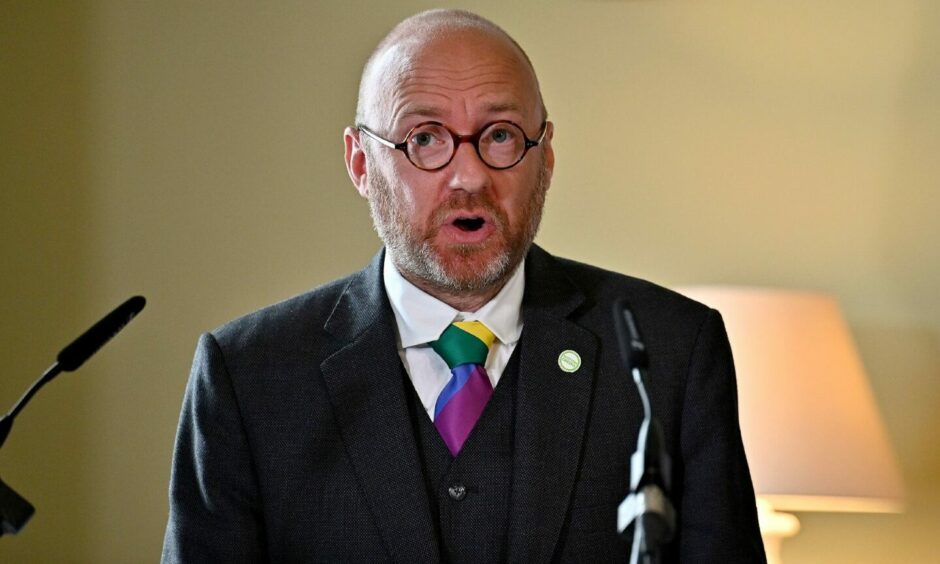
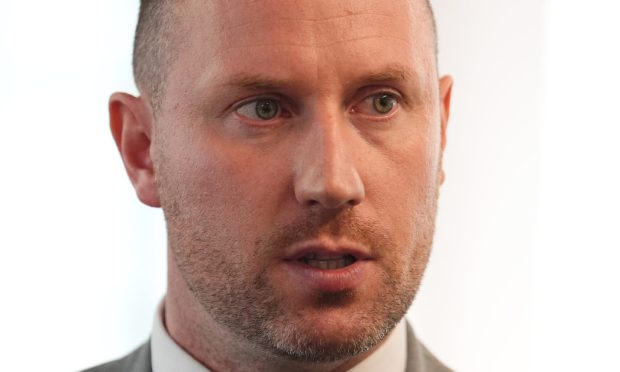
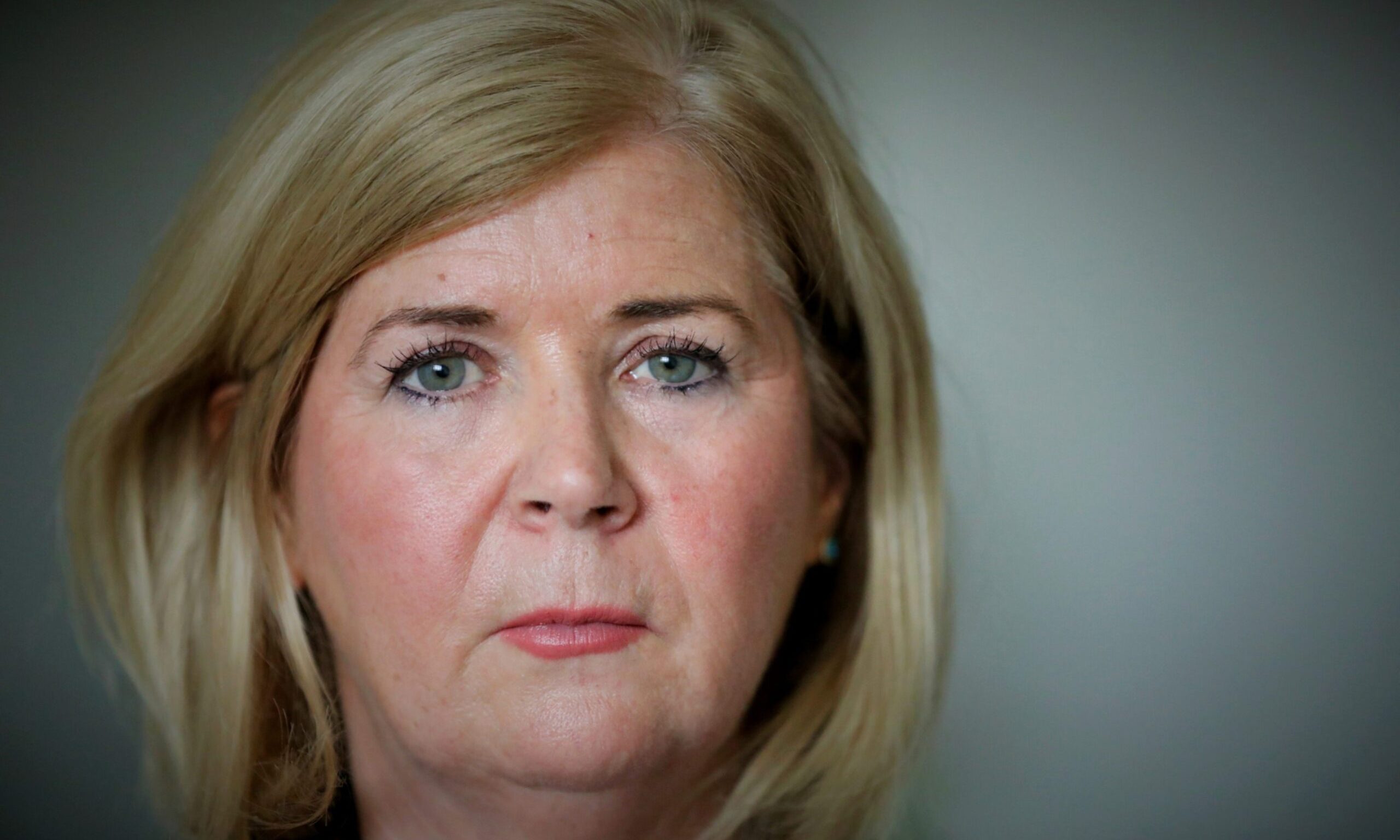
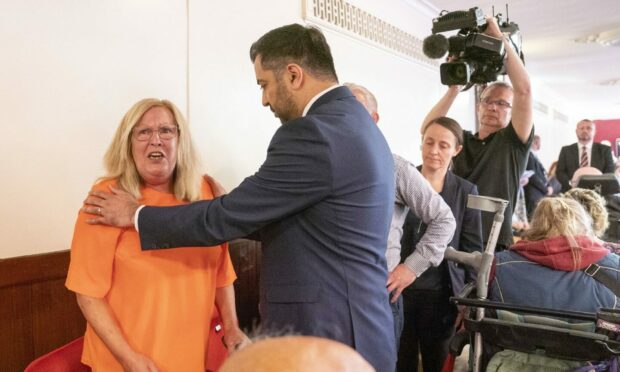
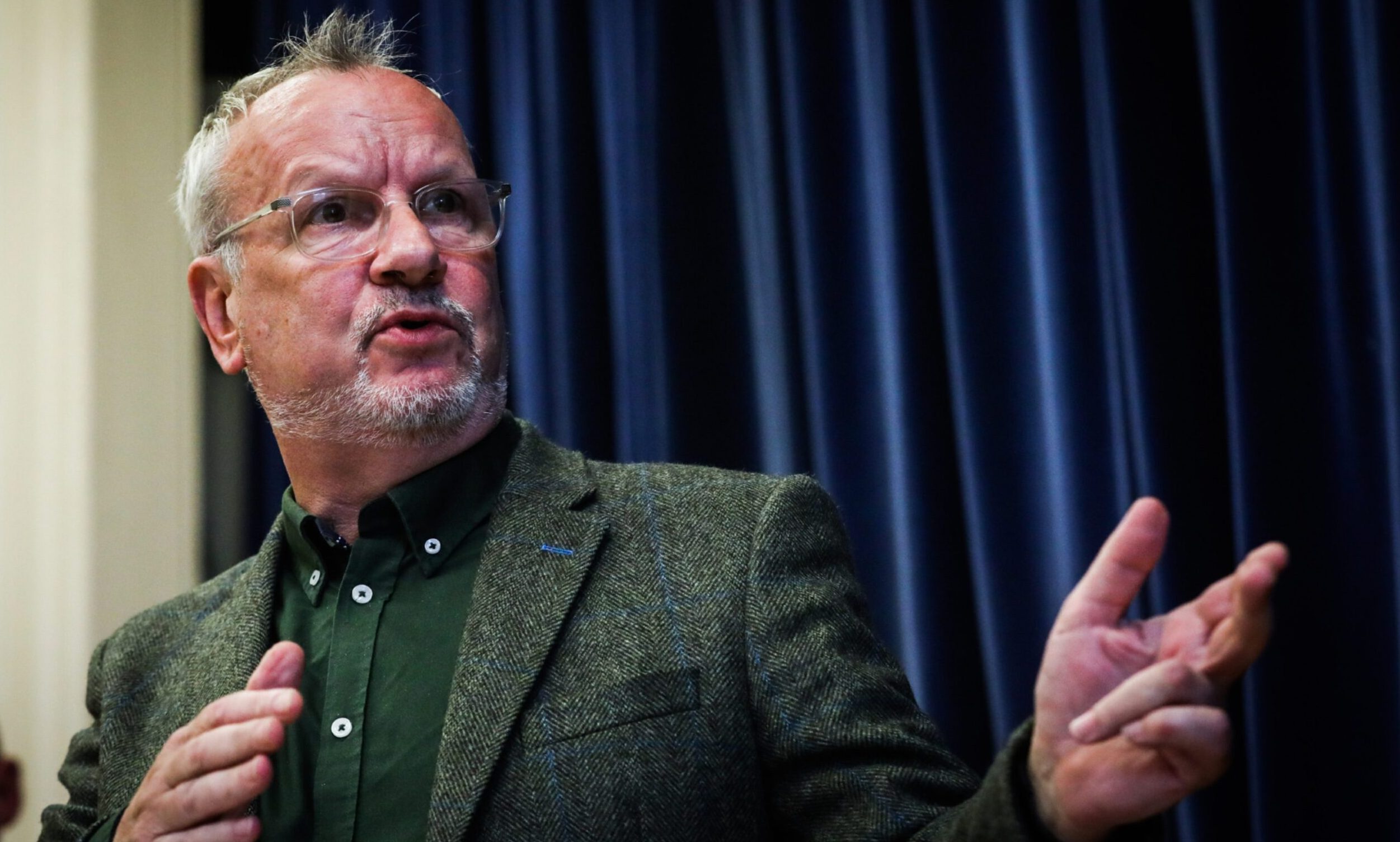
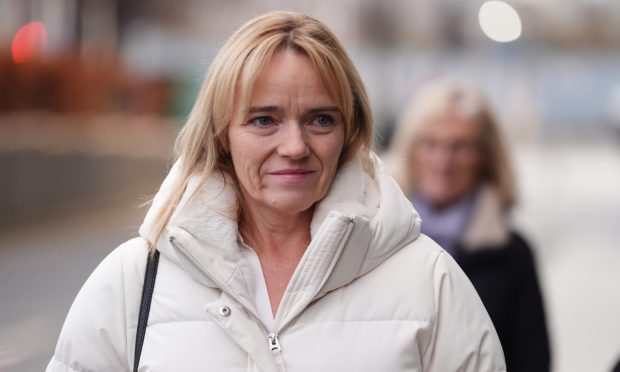
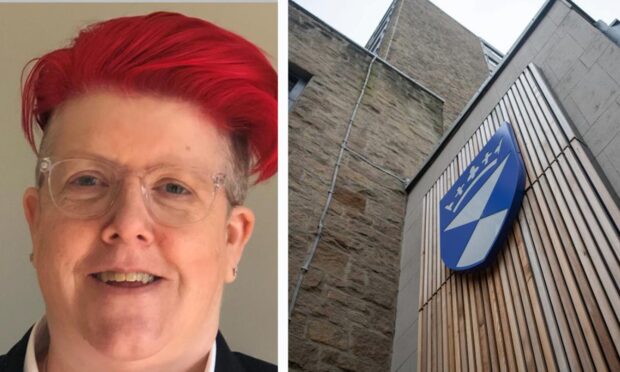


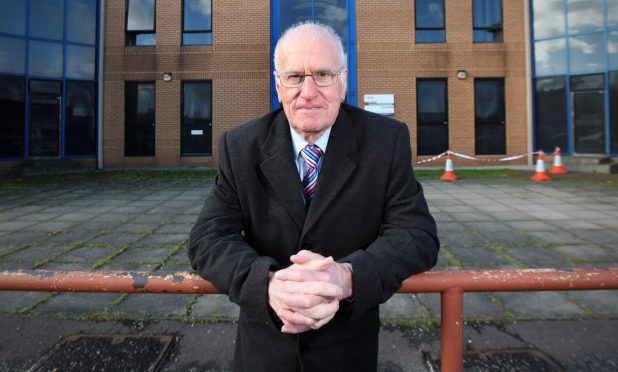
Conversation